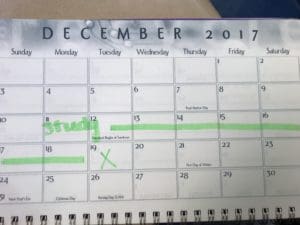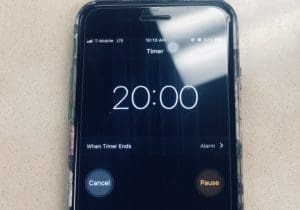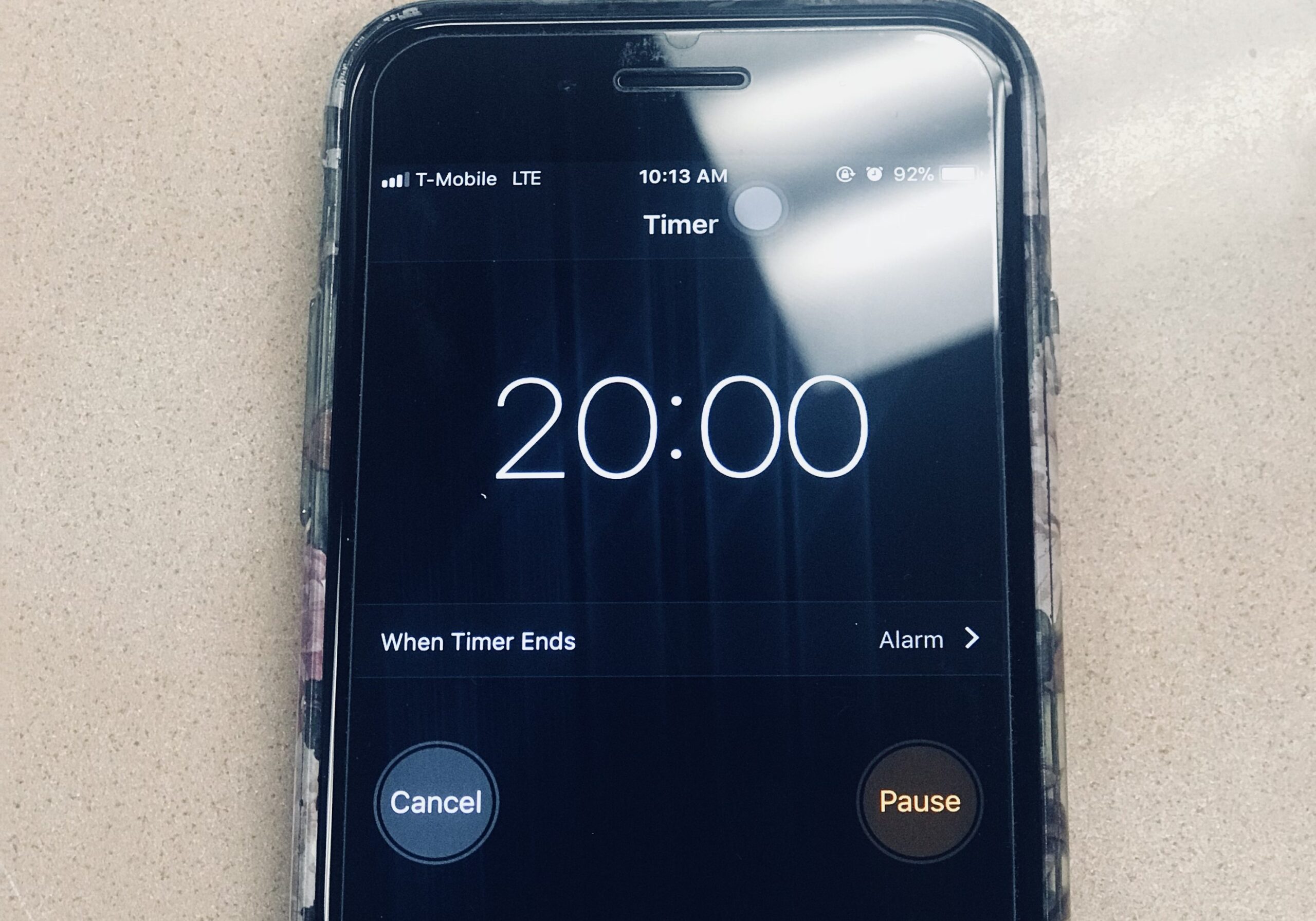Dayna Fuller, Emily Swick, and Jacob Prokup
eSomethin Staff
With exam week quickly approaching, here is a 10 step guide on how to prepare for your upcoming exams.

Step 1: Start studying for exams at least a week before you take them.
Cramming a lot of information the night before makes it even harder for your brain to understand all of the concepts that will be needed on the exam. Start studying early to ensure you understand everything, and you give yourself enough time to ask any questions you have about the material.

Step 2: Study in quick, 20-30 minute sessions.Studying for three hours straight will fry anyone’s brain, so to make sure you are alert and engaged, a study in smaller sessions with small breaks in between. This will help keep your motivation up and give your brain a rest to recuperate.
Step 3: Keep your phone away from your studying area!
Even if you swear you won’t look at it, a phone draws your attention away from studying. Place your phone far enough away from where you’re studying so that you won’t be tempted to stop and look at it when you are supposed to be reviewing study materials. If you follow step 2, the mini brain breaks would be a more acceptable time to look at your phone!
Step 4: Go to teacher or math lab.
Teachers are here to help you so by going to a teacher for help before the exam may be a lifesaver. Since the teacher can clarify any questions you may have about the exam. If you do go to a teacher make sure you tell them ahead of time so they know how to prepare to help you.

Step 5: Find a group to study with.
Studying with a group can make it way less stressful because you can have fun while getting the job done. Also, a lot of times you have a friend who thinks like you do, so having friends who think like you. They very often have ways to remember things maybe you don’t understand. Also, friends are usually more patient that just other classmates if you don’t understand because they get you a little better and can help you until you do.
Step 6: Get a healthy amount of sleep the night before.
As everyone who takes exams knows they can be pretty boring at times and once you begin to fall asleep it is extremely hard to wake yourself up once that begins to happen. So by getting a good night of sleep you will be benefiting your academic performance
Step 7: Eat a healthy breakfast the night before.
Eating a healthy breakfast can make it so your daily performance is a lot more efficient. Also, exams are very long and it is easy to get hungry if you don’t eat breakfast. Then once you get hungry your brain gets tired and you fall asleep or think about food and not the topic you’re testing.

Step 8: Flashcards
Having flashcards gives you something you can take on the go and study when you aren’t home. The significance of that is one being you can study when you are out of wifi range which will help you pay attention. Also writing helps you remember so making the flashcards is another amazing way to study.

Step 9: Quizlet
Having a quizlet makes it so you can study between classes a little easier than getting flashcards out. In school, we use our laptops a lot so having a study tool to pull up whenever you have downtime can help tremendously.

Step 10: Kahoots
Kahoots can make it a more fun way to remember what you need to know, tying this into being a group nobody ever wants to be the loser so believe it or not when you get a question wrong you absorb it more than you think you do and most likely will start to remember the answer to questions you have trouble on.
Other stories on eSomethin:
[posts template=”templates/list-loop.php” posts_per_page=”6″ tax_term=”34″ order=”desc” orderby=”modified”]




